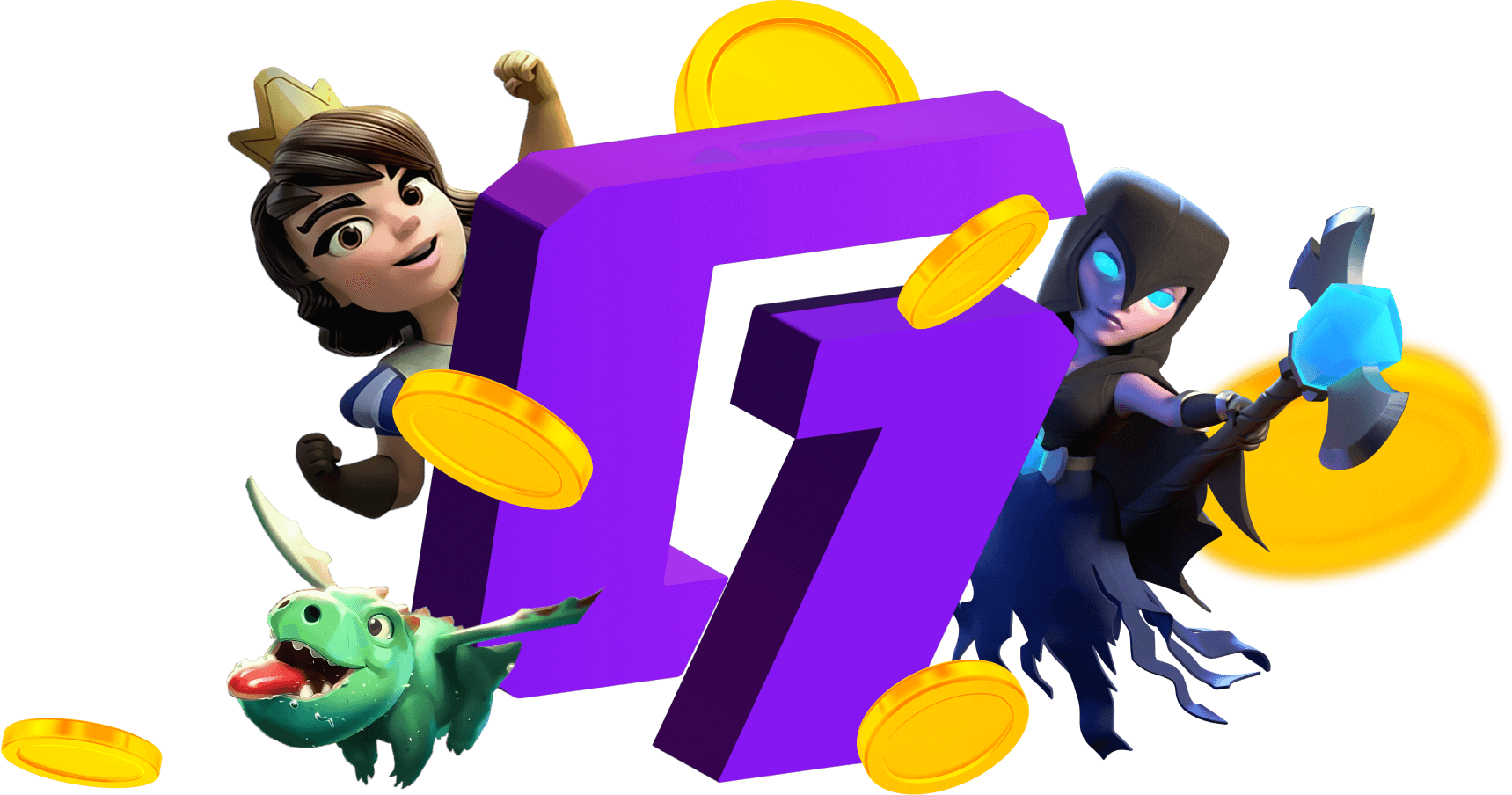
Video games that predicted the future: Coincidence or prophetic vision?
Since their early days, video games have imagined possible futures, alternate realities or high-tech dystopias. But what once seemed like pure science fiction has, in many cases, become reality. Coincidence? Statistical anomaly? Or proof that art can foresee the future?
Here are some of the most astonishing titles that predicted real-world events, often years in advance.
Deus Ex (2000): a New York without Twin Towers
In Deus Ex, released in 2000, players explore a futuristic New York where the Twin Towers are missing. The technical reason was simple: not enough memory to render them. But in the game’s lore, their absence is explained by a past terrorist attack.
Just one year later, the real 9/11 attacks occurred. It’s a chilling coincidence: a fictional backstory created for technical reasons ended up anticipating a global tragedy.
Metal Gear Solid 2 (2001): digital control and fake news
Launched just months after 9/11, MGS2 was criticized for its complex narrative, but today it's seen as one of the most prophetic games ever made.
It predicted:
- The manipulation of online information
- AIs that filter and control what we see
- Truth becoming subjective in a world flooded with data
Fake news, social media algorithms, and digital censorship were all central to MGS2 — two decades before they entered mainstream discussion.

Watch Dogs (2014): mass surveillance and urban hacking
Launched during the post-Snowden era, Watch Dogs portrayed a fully connected city, where traffic systems, cameras, banks and more could be hacked in real time.
Years later, digital surveillance is no longer fiction. From facial recognition to AI monitoring, Watch Dogs was an early warning of a now-familiar reality.
The Division (2016): pandemic and social collapse
In Ubisoft’s The Division, a virus decimates New York during Black Friday. Institutions fail, martial law is imposed, and chaos takes over.
When COVID-19 hit in 2020, many players recalled this scenario. While exaggerated, The Division echoed the societal impact of a global outbreak before it became real.
Cyberpunk 2077 (2020): implants, identity and corporate control
Despite a rocky launch, Cyberpunk 2077 envisioned a world where giant corporations rule society, people upgrade their bodies with chips, and identity is fluid.
As debates over AI ethics, biotech, and digital privacy grow, Cyberpunk feels strikingly close to today’s concerns, even if wrapped in neon and chrome.
Are video games modern-day oracles?
Not exactly. But they reflect the fears and hopes of their time, and sometimes, imagination and reality line up.



